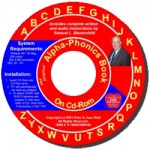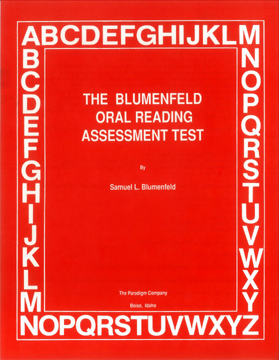The Wittgenstein Phenomenon:
We will examine the impact of the thinking of 20th century philosopher Ludwig Wittgenstein on Western civilization. We will examine the writing of this almost unknown man on the course of world events since his book “Philosophical Investigations” was released in 1952. We have been tracking the enormously destructive influence of his concept that
words do not have fixed meanings
for 25 years. The simple thought has done unbelievable damage to our society.
Those six words have changed Western Civilization!
After a long study we believe the work of Ludwig Wittgenstein was taken by certain factions of the intelligentsia to be the cornerstone for their effort to weaken, if not demolish, the long-time standards of morality of Western culture.
Because of what Wittgenstein wrote in his book we have summarized his thinking in this phrase:
WORDS DO NOT HAVE FIXED MEANINGS
Who is Wittgenstein?
He is a German who migrated to England in his early academic life and studied in prestigious British universities. Ultimately he came to be called by many in academia the greatest philosopher of the 20th Century. He died in 1951. His most noted book (He wrote only two but he wrote many papers) Philosophical Investigations, was published by two English academics posthumously in 1952. But most of us have never heard of Ludwig Wittgenstein.
Why is this?
Not being from the academy I do not know a definitive answer to that question. I believe, however, his thoughts permeate the thinking of elite scholars. Our particular theme is that only a few words of his, which may have been grouped together by Wittgenstein purposely or accidentally, have been taken seriously by many professors, teachers and even politicians – that is to say leaders of the formulation of current thought – and utilizing them to the extreme point of literally altering our Western civilization.
Wittgenstein did not himself write the precise words: words to not have fixed meanings. That is our characterization of what he wrote.
Example of what he did write: In the Macmillan Company edition of the book on page 11 we find he wrote:
“How many kinds of sentences are there? ….There are countless kinds: countless kinds of use of what we call ‘symbols’, ’words’, ‘sentences’. And this multiplicity is not something fixed, given once for all….”
Our dear readers may quickly criticize us as cherry picking from the text to make our point. We will build our case with other excerpts that add strength to our thesis. But for now it really does not matter because what we propose has been used to create the almost mystical belief that nothing written or said need be taken as solid in meaning because we must be made to believe our rules of society are made of soft putty to be molded into whatever the speaker (Or writer) desires them to be or whatever the hearer wants them to mean.
A few years ago (1991) a big book (12″ X 15,” 445 pgs) came to our attention extolling the glories of “Whole Language.” W/L was the rage about then. Ed Professors had convinced themselves children would learn to read if you simply put a book in front of them.
What does that have to do with Wittgenstein? Proponents of W/L believed correctness in meanings and spelling is not important to learn. (Remember: “Words do not have fixed meaning”) So you learn to read any way you can. And, if you really do not learn to read, it is not important. Just trying is ok. (Remember Pee Wee baseball where no scores are kept; just playing is all that is important) Words are simply play-dough, aren’t they?
Another example is in basic arithmetic. Around the same time as W/L, the latest “new” math trend was that correctness was not the ultimate goal. Coming close was ok. Just trying was satisfactory.
Other results are that grades are demeaning; class attendance is not even necessary in college. Some colleges are now even allowing students to grade themselves, or, better yet, have eliminated grades altogether.
We submit this all results from Wittgensteinian thinking. One follower, Professor, Meguido Zola of Simon Fraser University in Canada, in paraphrasing Wittgenstein’s thinking, wrote in 1989:
“Words are a ladder, that must be abandoned once we have used [the ladder] in order to ascend to the metaphysical heights. Labels will serve their purpose for a while, but none is absolute.”
Our dear readers will probably immediately conclude this does not make much sense, but the truth is that academia seem s to embrace this thinking. From academia it seeps into every phase of life in Western Civilization.
We will go into more depth in future posts. For now ask yourself: Why does the world seem crazy. Nothing is sacred anymore. Nobody needs to “go by the rules.” Nothing is absolute anymore. Review things in your own life like why does one person see something as black another see the same topic as white? (This is not about ethnicity) Why are people more rude in the world than they used to seem? Why is it that doing almost anything seems to be ok? Think about it. More later.
Please Comment below


 Alpha-Phonics
Alpha-Phonics The Alphabet Song!
The Alphabet Song! Water on the Floor
Water on the Floor Alpha-Phonics the Book on CD Rom
Alpha-Phonics the Book on CD Rom Blumenfeld Oral Reading Assessment Test
Blumenfeld Oral Reading Assessment Test How To Tutor
How To Tutor How To Tutor Cursive Handwriting Workbook
How To Tutor Cursive Handwriting Workbook